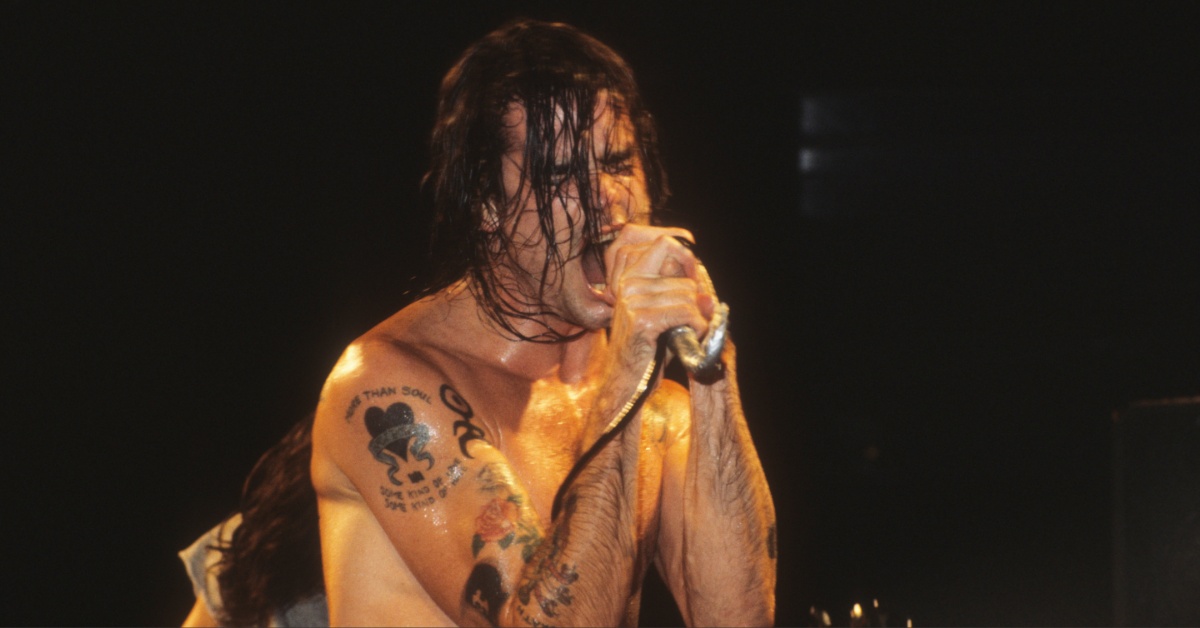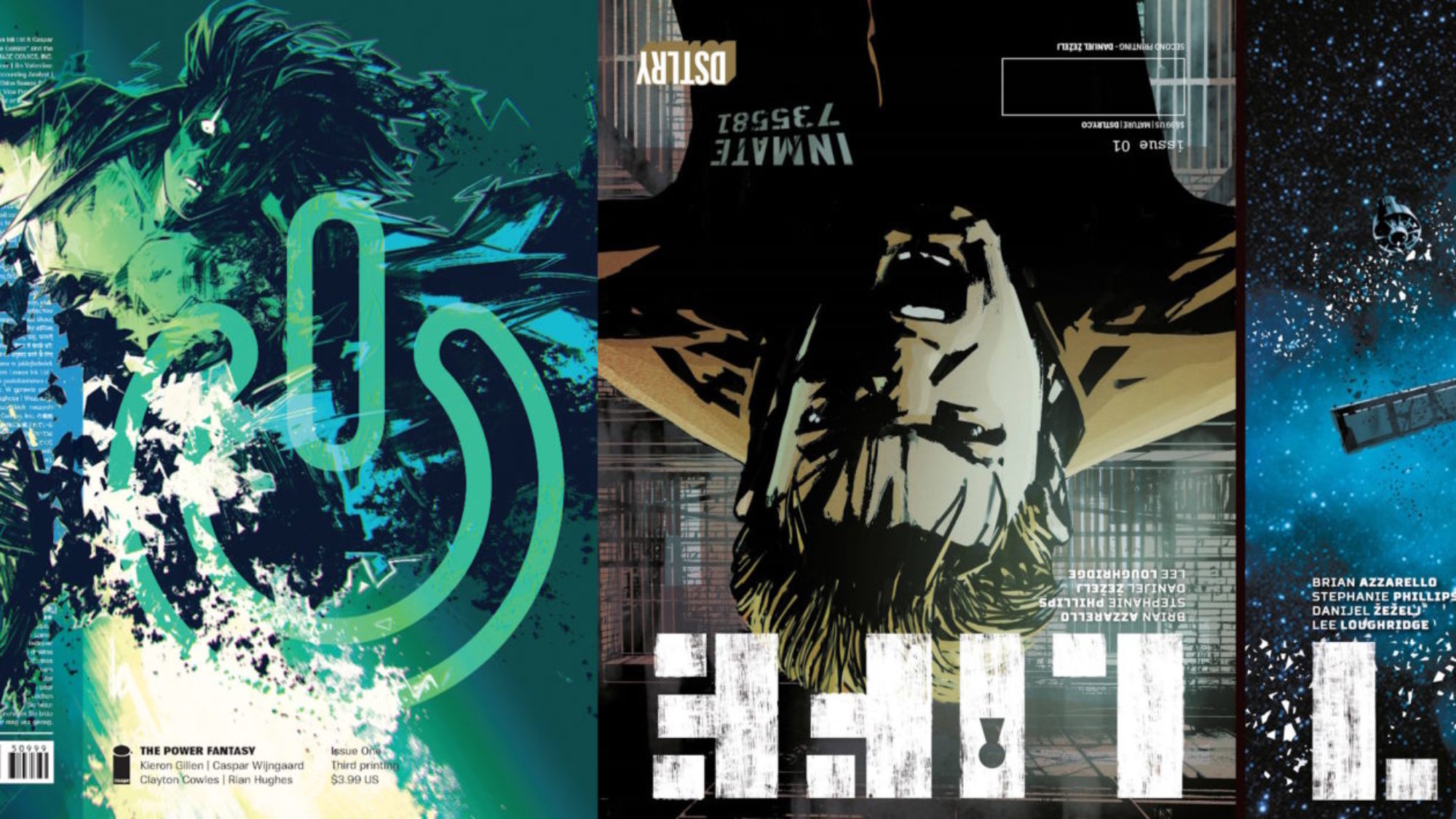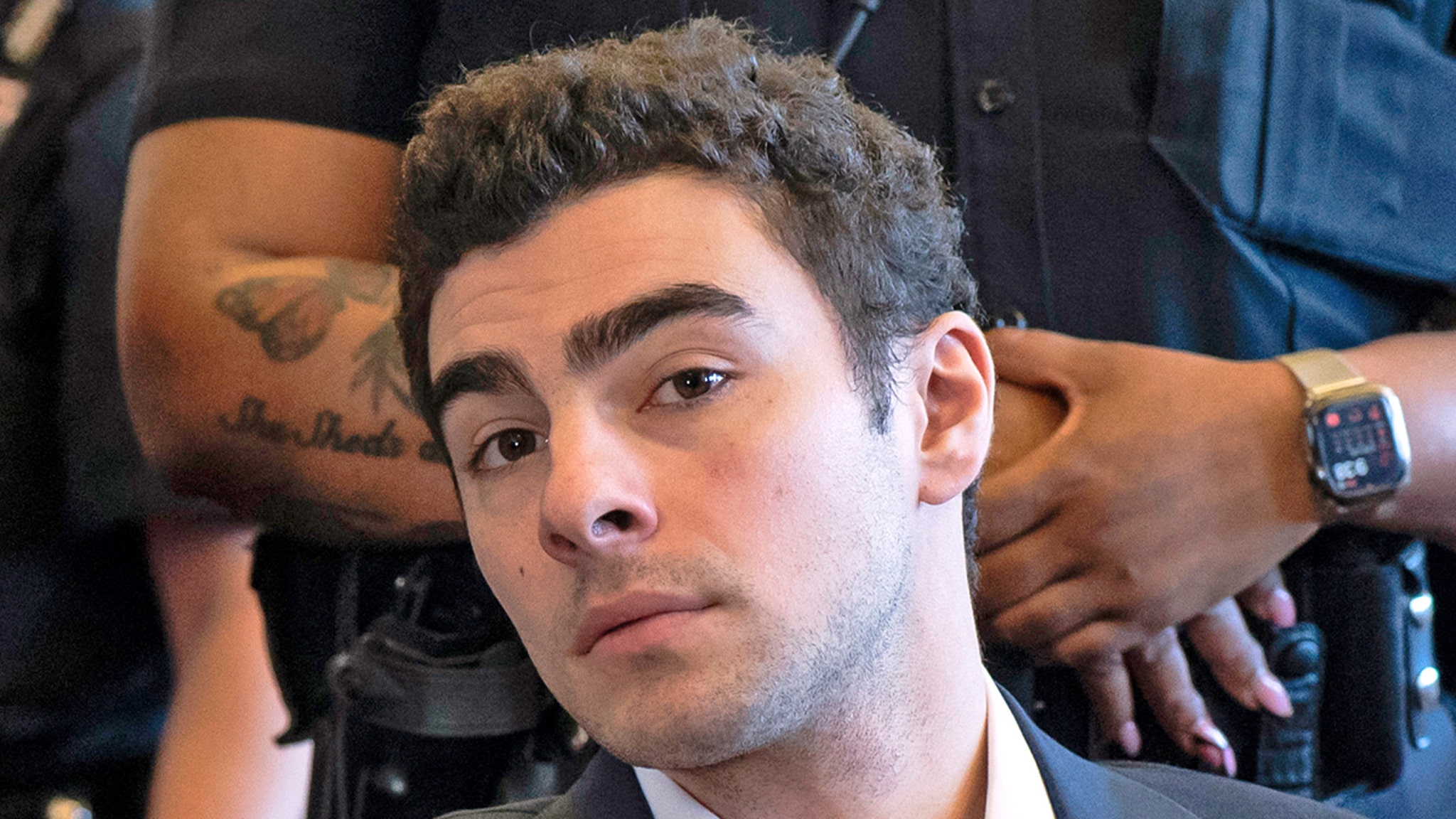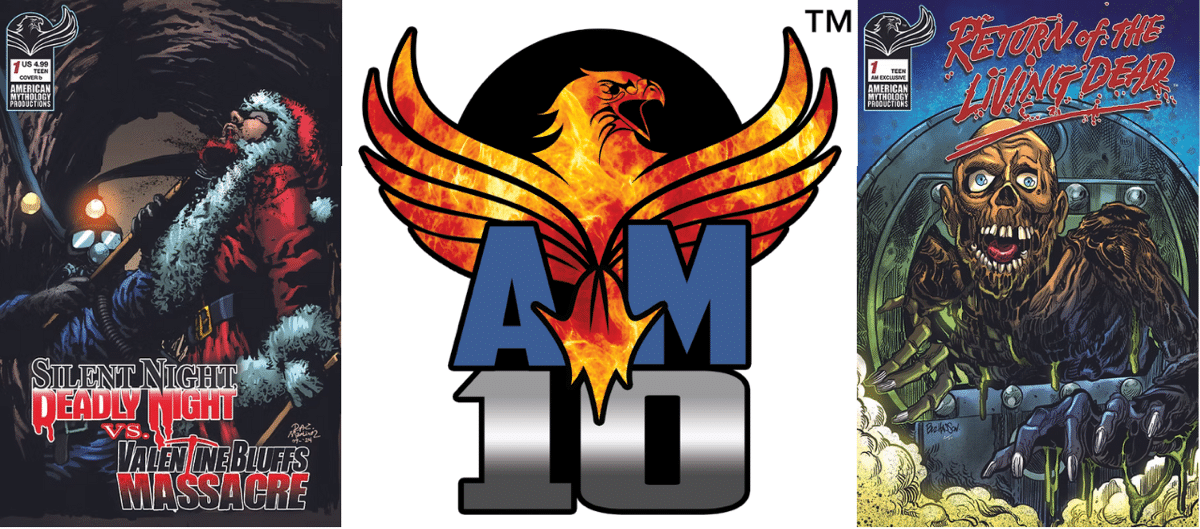
Randy Blythe is best known as the lead singer for Lamb of God. With the five-time Grammy-nominated metal band from Richmond, Virginia, he has released nine studio albums, beginning with 2009’s Wraith. Every Lamb of God release has charted in ten countries; 2022’s Omens reached #15 on the Billboard 200.
Blythe is also a best-selling author. After a harrowing experience in Europe, he wrote a critically-acclaimed memoir, 2015’s Dark Days. Now he returns with another deeply personal nonfiction volume, Just Beyond the Light: Making Peace with the Wars Inside Our Head.
More from Spin:
- Bartees Strange Makes Listeners Face His Fears (and Hopefully Their Own)
- Every Led Zeppelin Album, Ranked
- Lady Gaga Sets ‘MAYHEM’ Track List, ‘SNL’ Return
Blythe’s lyrics for Lamb of God have a cathartic quality; the depth and power of his words connect with fans. But as a nonfiction writer, Blythe isn’t aiming for catharsis. Using the larger artistic canvas of his nonfiction books, he probes bigger, deeper questions, careful not to suggest he has the answers.
His first book, Dark Days vividly and unflinchingly chronicled his terrifying experience being jailed on charges of manslaughter (he was acquitted on all counts). But Randy Blythe’s new book, Just Beyond the Light isn’t a sequel; it’s a collection of thoughtful and inspiring essays that explore the human condition and, in his own words, “on the theme of perspective.”
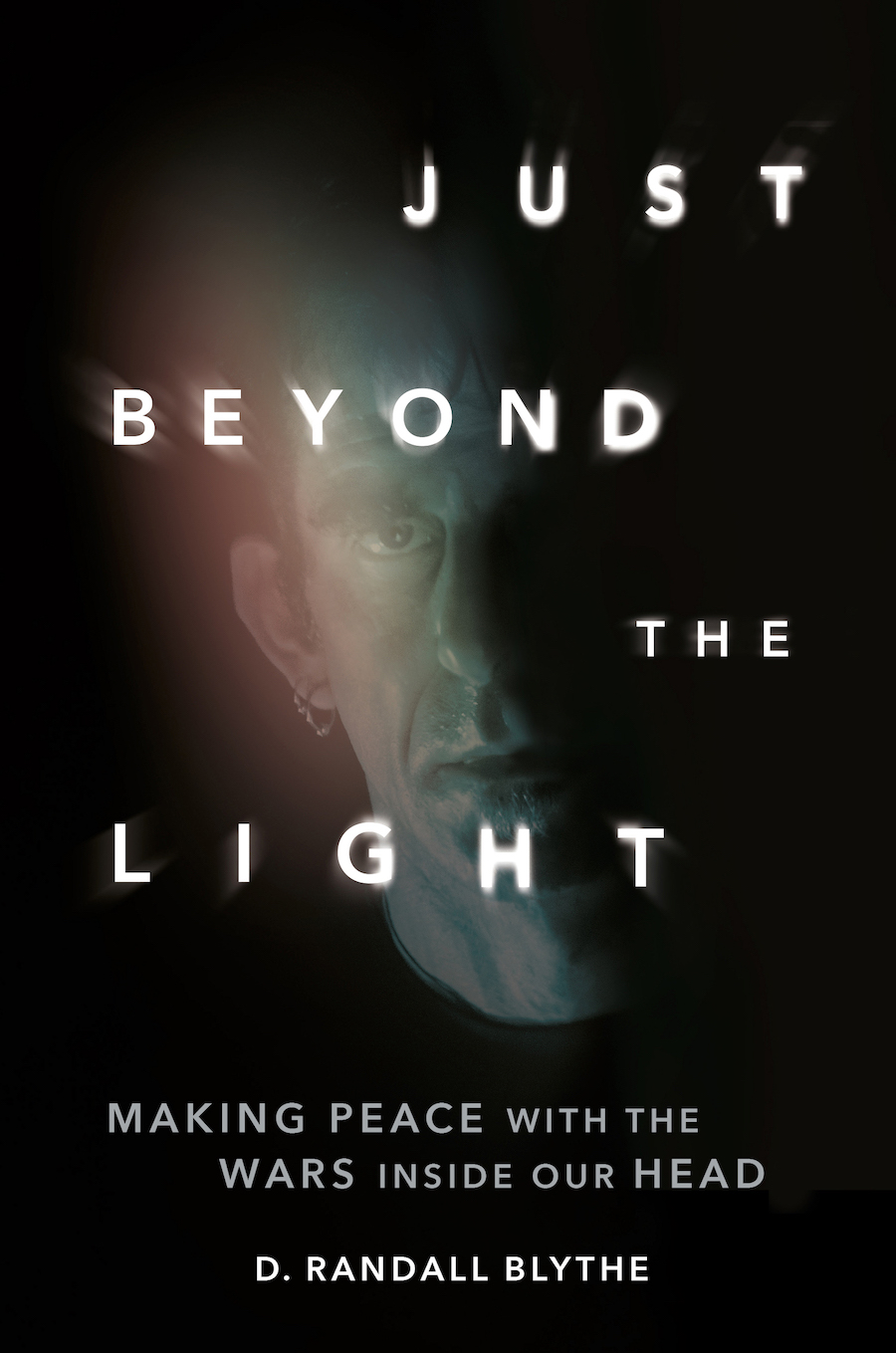
Dark Days was very well received by critics and book buyers. Did that success catch you off guard?
I guess so. I knew that there would be a fairly robust audience within the heavy metal community that my band is a part of. But I was trying to write a book that was not just for metal fans; I wanted to write something universal. So I don’t know if I was surprised, but I was very gratified to hear so many people say, “You don’t have to be a heavy metal fan to enjoy this book.”
I tried to approach Just Beyond the Light that way, too. I realize I have a leg up on most authors who don’t have a built-in fan base. I’m very cognizant of that, and I’m very grateful. In this book, there are certainly components of my life as a musician. Music fans will buy rock biographies, but I’m hoping that this book will appeal to a broader audience as well.
After writing the first book, did you find that there were things left unsaid, thoughts that you wanted to get across?
I’ll be honest with you: I did not want to write another nonfiction book. Dark Days is about some legal troubles I had in the Czech Republic; it wasn’t exactly a happy-go-lucky story. But I wrote it, and it did well. And then I was like, “Okay, I’ve always wanted to write fiction, so I’ll do that next.” But my agent came to me: “Look, dude: your first book was a bestseller. Not only that, a lot of people have said it helped them. You need to write at least one more nonfiction book to prove that you’re not just a one trick pony.”
It took me a long time to come up with a theme I thought I could write about effectively. I knew I wasn’t going to write a self-help book, because I don’t have the answers. I’m just bumbling my way through this life like everyone else. And I don’t think Just Beyond the Light offers any answers; I think it provides questions. Its main theme is about altering my perspective, using the tools at my disposal to be a more effective human being.
I’m hoping that the book will make the reader ask themselves, “What are the tools at my disposal? How can I become a more effective human being, and maybe even make the world a better place?”

Was writing this book easy for you?
This was much more difficult than the last one. With the first book, it was a classic three-act structure, provided by the narrative that occurred in my life. In this book, the two main topics I had in mind at first were death and surfing. But I had to figure out what came next! And that only came through being involved in the creative process, just sitting down and looking at the blank page.
I did not know the ending of the book when I started writing it. As certain events occurred – as you will see at the end – that brought things full circle.
How far along are you with writing that fiction book?
Well, I’m in the research process, and I have a basic outline for it. I haven’t been able to concentrate solely on the writing process yet, because I’ve been busy doing promotion for this book. I’m getting ready to go on a spoken word tour to support Just Beyond the Light. I’ll be telling a bunch of stories; not from the book itself, but relating to its themes.
How has sobriety informed your approach to writing?
Sobriety enabled it, period. I fancied myself a writer as a young man. And like most angst-riddled, 20-something American young men who like to read, I was reading Bukowski, Hemingway, Hunter S. Thompson, Fitzgerald, William Burroughs. And I was doing all the things that those writers did: drinking a lot, womanizing, a little legal trouble, even getting in a fist fight here and there. I did everything they did, with the exception of one critical component: I wasn’t writing.
And as my alcoholism progressed – it was a 22 year ride – I could barely write lyrics. I was nodding out, listening to Black Sabbath, and I’d wake up and see some scrawl on a notepad. I’d think, “What the hell is this?”
When I got sober, the wet blanket of alcoholism was lifted from me. The creative engine that I was exercising when I was a young man kicked back in. The ideas started coming. Getting sober enabled me to be the writer that I wanted to be, the writer I talked about being.
What creative itch does writing books scratch that sets it apart from what you do with music?
I’m not degrading music at all – I’ve been doing it for 30 years – but there’s only so much detail of complex thought that you can express in a three, four, five, six-minute song. Within the lyrical structure, it tends to be much more about conveying raw emotion, and trying to connect with the listener through that. With [book] writing, if you have something you’re trying to express, you can really delve into those complex thoughts.
And that’s what worries me about social media now: everybody is used to bite-sized thoughts. But life is not black and white; life is not a meme. It cannot be compressed into a Twitter post. And to explore that nuance, you need a little bit more room than a song lyric or an Instagram post; you need time and space.
I like to read Marcus Aurelius’ Meditations. He’s expressing complex thoughts, and some of them are expressed so beautifully and poetically. This dude was thinking something 2,000 years ago, and it’s traveling through time from him to me.
I doubt that in 2,000 years there will be a PhD candidate defending their dissertation on the verbal majesty of the greatest TikTok influencer of the 21st century. It’s just not going to happen. But Shakespeare will remain. So we have to dig in and read, read, read. And reading provides me so much comfort. I can’t imagine life without books.
Lamb of God songs are credited to the group as a whole. It’s quite different writing a book on your own, isn’t it?
Oh, yes! Whatever anyone does in Lamb of God, it has to pass muster with the other four dudes. And somehow – after almost 30 years of being in this band – we get along better now than we ever did before. I think that’s atypical, because most of the time when you hear about bands getting older, people get more set in their ways, grumpier and more egotistical.
Writing used to be a pretty combative process for us. Everybody was like, “This is my part. I will not let go of it, even if everybody else hates it.” But as we’ve gotten older, it’s gotten easier. Because if you’re looking at something you’ve written and you’re just utterly convinced of its genius and unwilling to hear anyone else’s opinion, it’s probably not that good!
To see our running list of the top 100 greatest rock stars of all time, click here.




